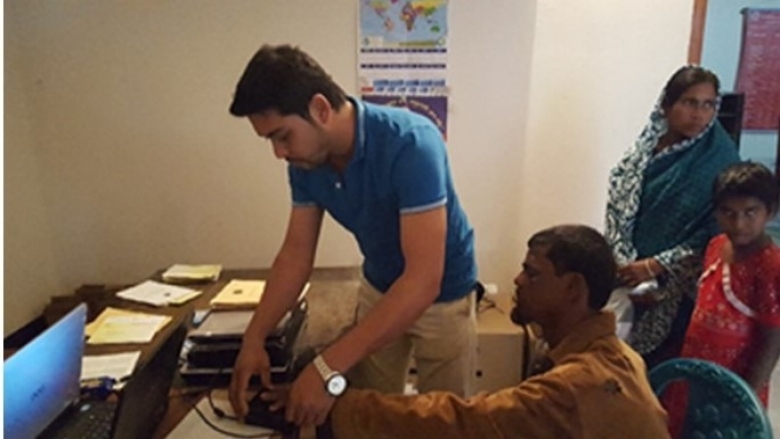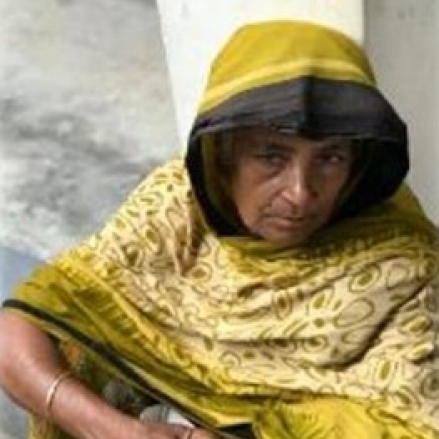Challenge
Safety net programs play a significant role in Bangladesh’s poverty reduction and resilience building efforts. However, despite the range of interventions, as of 2019, only around one-third of the poor are covered by safety nets, primarily due to challenges in identifying vulnerable households, attesting to the lack of pro-poor targeting of social programs. There are duplicative efforts across programs, and outdated administrative systems limit the ability to respond to the needs of the vulnerable in a timely manner and to be fully accessible and accountable to citizens.
The Rohingya displacement crisis and the COVID-19 pandemic have also underscored the urgency of programs to adapt to shocks and changing circumstances.
Approach
The Cash Transfer Modernization Project contributes to the systemic reform of safety net programs by streamlining program processes, updating administrative systems to improve accuracy and enhance beneficiary experience, and developing effective accountability measures to build trust in the system. The project includes a combination of incentive-based investment and capacity development, with the latter particularly focusing on integrating various information systems across government. The COVID-19 context also necessitated agility and the project remained sufficiently flexible by adding a Contingency Emergency Response Component (CERC) in June 2020.
The project helps to strengthen the capacity of the Ministry of Social Welfare (MoSW), which administers the country’s major cash transfers, including significant changes to program administration to overhaul business processes, encompassing outreach, intake and registration, vulnerability assessment, enrollment decisions, recertification, case management, benefit payment, grievance redress, among others.
The modernization process would entail the extensive use of information and communications technology tools and interoperability mechanisms. The project helps to establish a results-based monitoring and evaluation system to assess the impacts of these programs and effectively support policy decisions. Modernization efforts leverage national administrative systems for identity verification (national identification database), targeting (the upcoming social registry) and payment (the government-to-person (G2P) payment platform), as well as the existing infrastructure of local level public-private partnerships for access to government services, and a network of banking and mobile money agents.

